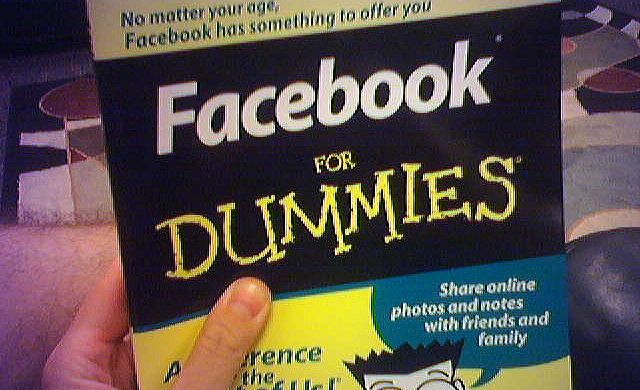Next month, February 2014, Facebook (NASDAQ:FB) will celebrate its tenth birthday and the second anniversary of filing its S1 with the SEC. The company was only eight years old when it starting trading on the NASDAQ on 18 May in what turned out to be one of the most publicized first-day fiascoes in financial news history. Facebook’s original share price was $38.oo, but the bottom quickly dropped out as unrealized expectations and botched transactions left investors boggled. By the end of May 2012, the share price had lost an average of $1.00 per day, in what the Wall Street Journal called, “a high-profile flop,” citing facts including, “Facebook trades at 60 times trailing 12-month earnings, 49 times prospective 12-month earnings, 43 times cash flow and 12 times book value.” Reuters’s StarMine determined that the real, fundamental value of Facebook was about $10.22 a share.

I thought that this would be an appropriate time to see how the ten-year old is doing.
At the original offering price of $38.00 per share, the company was valued at $104 billion. Its share price is currently at $55.14, which puts its market cap at $135.5 billion. It generates $1.1 million in revenue per employee per year. It’s debt to equity ratio is 0.2, and its net working capital ratio is 67.64. That’s not the whole picture, but you can see the rest right here at ADVFN.
Facebook is scheduled to post its 2013 final quarter and full-year results today. The current expectations are that full year revenue is up 50% over 2012. It is believed that Facebook will report that the fourth quarter was its best ever in its short history. Of course, many observers will say that is an indicator that things will begin to slow for the social media giant. Frankly, I almost always expect that what goes up must come down, but I suggest that jumping on that bandwagon right now is to ignore what is going on behind the pages.
Financials aside, Facebook, like Google, has quietly become much more that most understand or begin to imagine. Facebook, like its founder, Mark Zuckerberg, is disruptive. If you don’t believe me, ask yourself what AT&T thinks about Facebook. Now, through Facebook, Zuckerberg has advanced the company’s reach, capabilities and efficiencies with his Open Compute Project.
Facebook is leveraging the disruptive, collaborative economy by crowd-sourcing needed technology and services. This has significantly reduced R&D expense and driven the forward pace of the company so much so that Zuckerberg firmly believes that he has already “eliminated the technical advantages enjoyed by Amazon, Google and Yahoo.” I personally do not think that most readers have yet envisioned Amazon, Google and Yahoo as targeted enemies of Facebook.
The plans that Zuckerberg has for Facebook reach far beyond the realms of what we commonly consider social media. One sage source described Facebook’s potential to
- destroy several decades of international telecommunications practice,
- destabilize an industry worth more than $100 billion,
- drive a major shift in the ways customers use technology.
We need to realize that Facebook is like Sherman marching to the sea during the American Civil War. Anything in its path stands a good chance of being destroyed. In a similar analogy, once we realize that Facebook is blazing a new trail, we should logically deduce that there is no one in its way. The only thing that can possibly stop the progress of Facebook is if it ever reaches the horizon. Sir Francis Drake never reached it. Despite modern technology, I doubt that Zuckerberg and the good ship Facebook will not either.

 Hot Features
Hot Features













